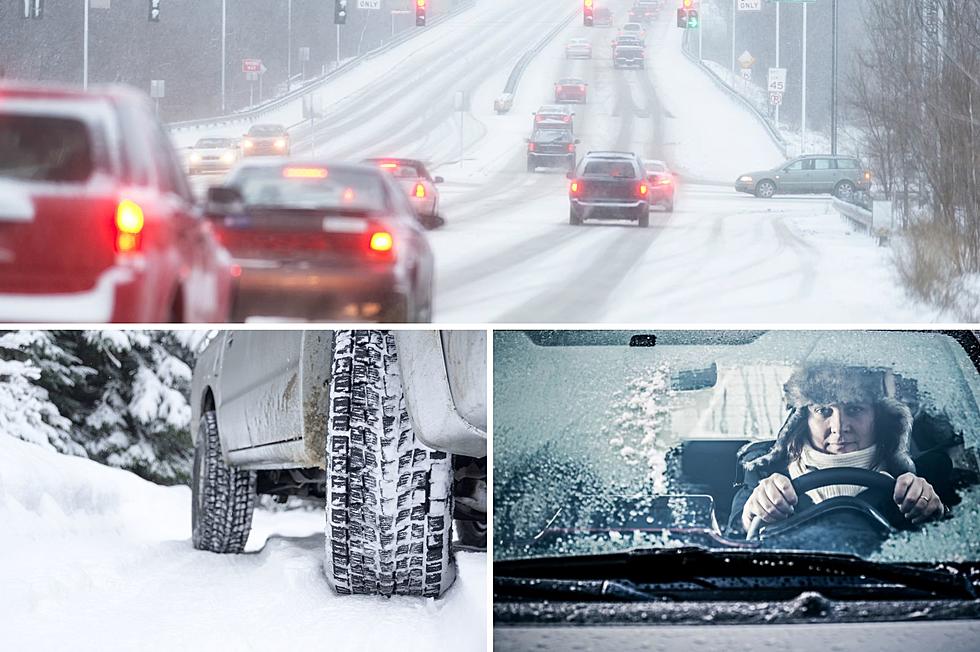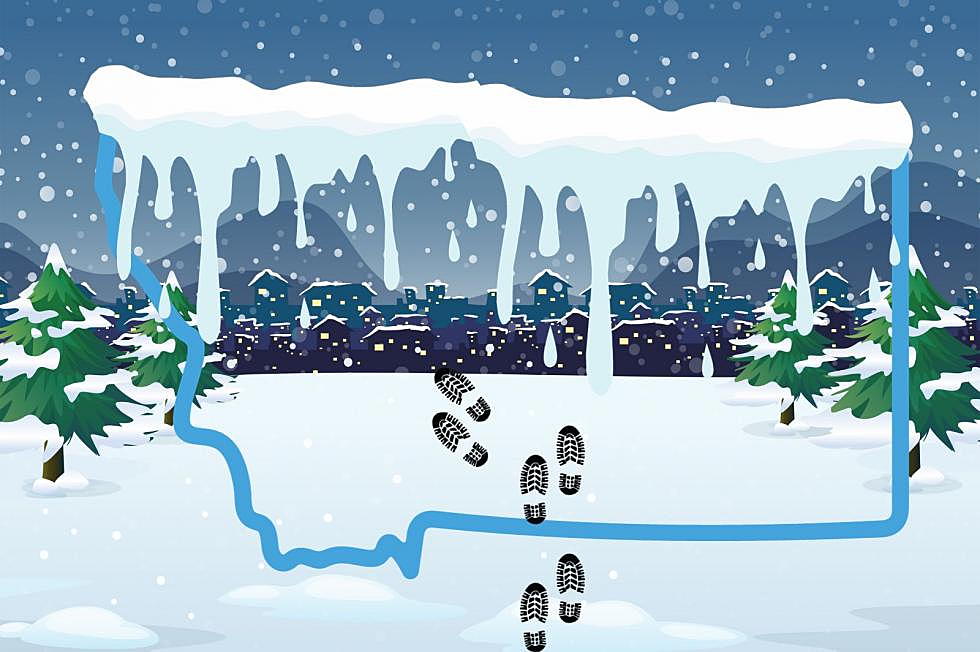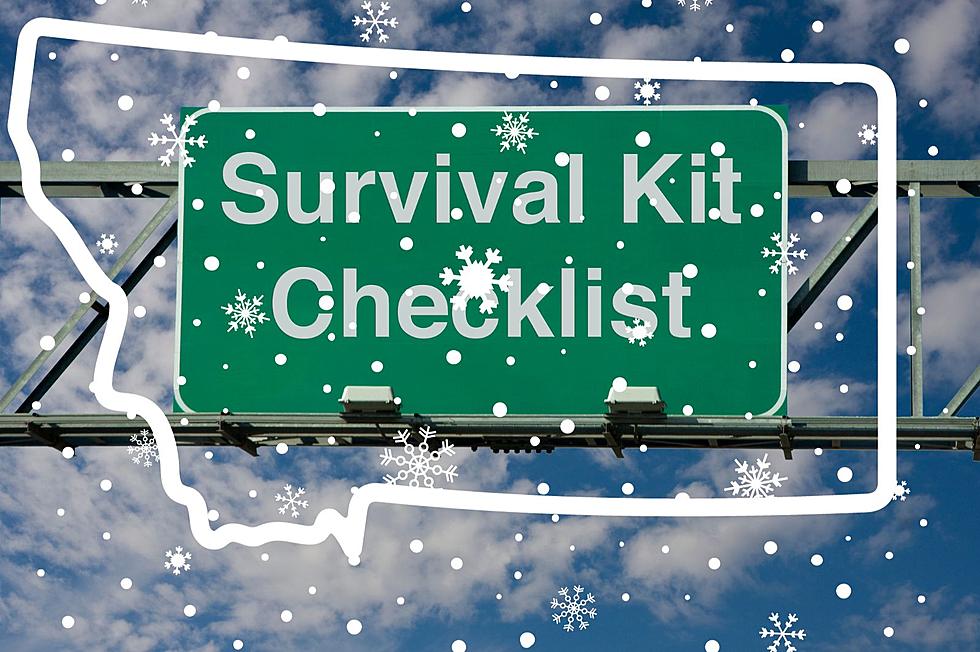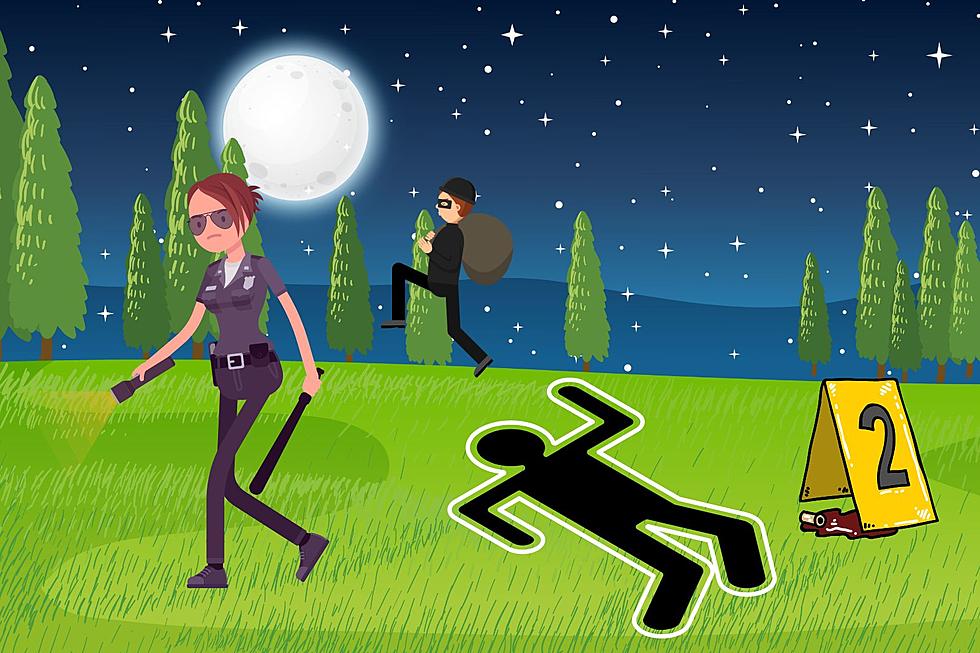
Winter Safety Reminders About Natural Gas
The first major snow storm of the 2012-2013 winter season has the potential to affect a large swath of Montana and NorthWestern Energy is reminding customers of important safety measures.
The forecast from the National Weather Service calls for significant snow, wind and possible overnight subzero temperatures across much of Montana in the next few days. Such events always increase the possibility of power outages. Such weather also highlights the need for natural gas and electric customers to take simple, precautionary safety steps:
Natural Gas Customers:
Heavy wet, blowing snow can block heating and appliance exhaust vents which can cause equipment to malfunction resulting in a loss of heat or a buildup of deadly carbon monoxide in the structure.
Outdoor natural gas meters and equipment are designed to withstand Montana’s winter weather conditions. However, heavy buildup of snow or ice, icicles falling from building eaves, or water dripping from a roof and freezing on a natural gas meter or appliance vent, may disrupt the flow of natural gas or create a potentially dangerous situation inside the structure.
If your home has an outside natural gas meter, check it routinely for accumulation of ice or snow. Look for your natural gas appliance vents – which often are on the roof – to ensure they are clear of snow. Also remember that clearing snow and ice from meters or vents needs to be done carefully and gently to avoid damaging the equipment.
It at any time if you smell a strong and persistent odor similar to sulfur or rotten eggs, leave your home immediately and avoid using any electric appliances such as light switches, garage door openers and phones—including a cell phone. When you are at a safe distance away, call NorthWestern Energy at (888) 467-2669 or 911 to report the concern. Stay away from the building until someone from the utility or a first responder tells you it’s safe.
Unlike natural gas, carbon monoxide is odorless and may be present when a fuel is not burned completely due to inadequate combustion air or when exhaust vents become clogged. Carbon monoxide symptoms include headache, nausea, vomiting, fatigue, and confusion. If you suspect carbon monoxide may be present, seek fresh air immediately and call NorthWestern Energy.
Other safety reminders include:
Ensure your natural gas meter is visible at all times and accessible for maintenance and emergency responders.
Avoid using a snow blower near a meter to keep from burying the meter with snow.
Gently remove the snow or ice around the meter with your hands or use a broom to brush it away. If ice or excessive snow has encased your meter, contact NorthWestern Energy at (888) 467-2669.
Never kick or hit your natural gas meter or its piping with a hammer or other hard object in order to dislodge snow or ice.
Keep natural gas vents clear, unobstructed and free of debris. Some direct-vent and high-efficiency appliances have direct side wall outdoor vents and air intakes that could become obstructed during heavy snowfall. Other vents may be on the roof.
If you have a seasonal property or are away on vacation, ask someone to check your natural gas meters and vents—especially after a significant storm. A covered meter, in addition to being potentially dangerous, can disrupt service leading to loss of heat to the structure.
Electric Customers:
Customers calling to report outages may experience extended on-hold times in the event of a large-scale outage situation. Customers who wish to report an outage and don’t want to wait to speak to a representative can leave a message by following the prompts within the telephone system.
Customers are reminded to use caution and common sense around electric power lines that are sagging or downed. Never attempt to touch or move a low-hanging wire as lines may still be energized even if they are lying on the ground.
Here are a few reminders in case electric service to your home or business is interrupted:
Contact NorthWestern Energy at 888-467-2669 to report outages, downed or sagging power lines. If you see fallen or sagging electrical wires, assume they are “live” and stay clear of the lines. Keep others away from wires and any other structures that may be energized. Call your local utility or local emergency services to report a downed or sagging power line.
Use portable generators only if a licensed electrical contractor in accordance with all federal and state codes and local ordinances has properly installed them. Portable generators should not be connected directly to your house or any building wiring. Doing so may feed power back on to our electric lines and threaten the safety of our employees working to restore an outage.
Beware of fallen or broken branches and trees as they are a major cause of power outages and could be energized if they are in or come in contact with a live electric line.
Keep an emergency kit ready—include flashlights, battery powered radio, canned foods that require no cooking, and fresh batteries. Some other things to remember: only non-electric land line phones work during storm events when power is interrupted, and keep your cell phone fully-charged when storm events are expected. Also, some cell phone towers do not work at full power after losing an electric feed.
Shut off appliances, lights and unplug sensitive electronic equipment. Using a surge protector also helps to protect sensitive electronic equipment such as televisions and computers.
NorthWestern Energy’s Customer Service Number is 888-467-2669
More From 100.7 KXLB









